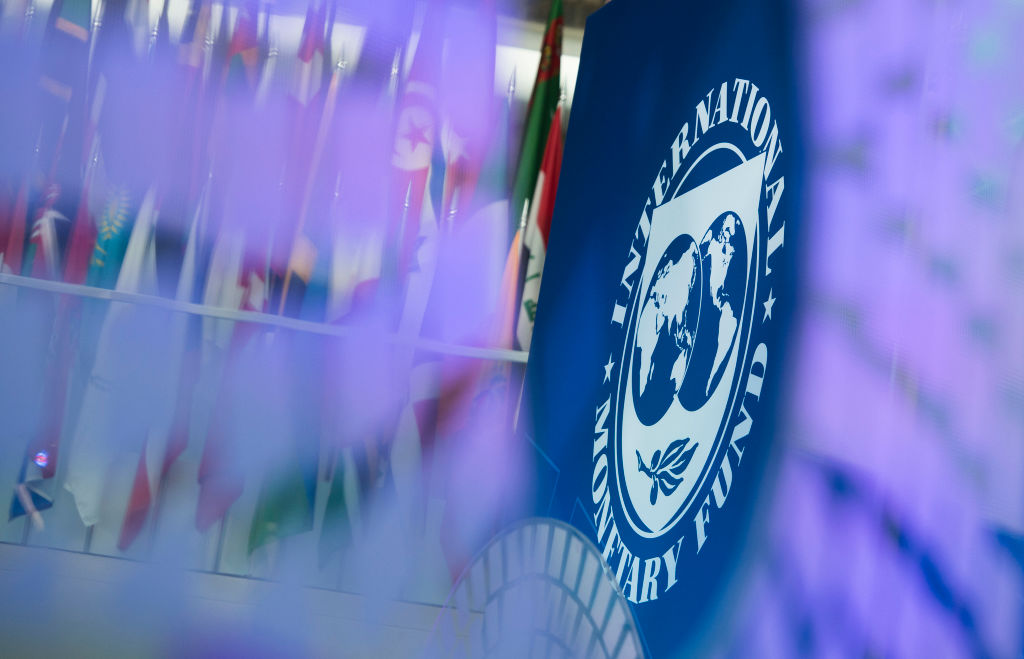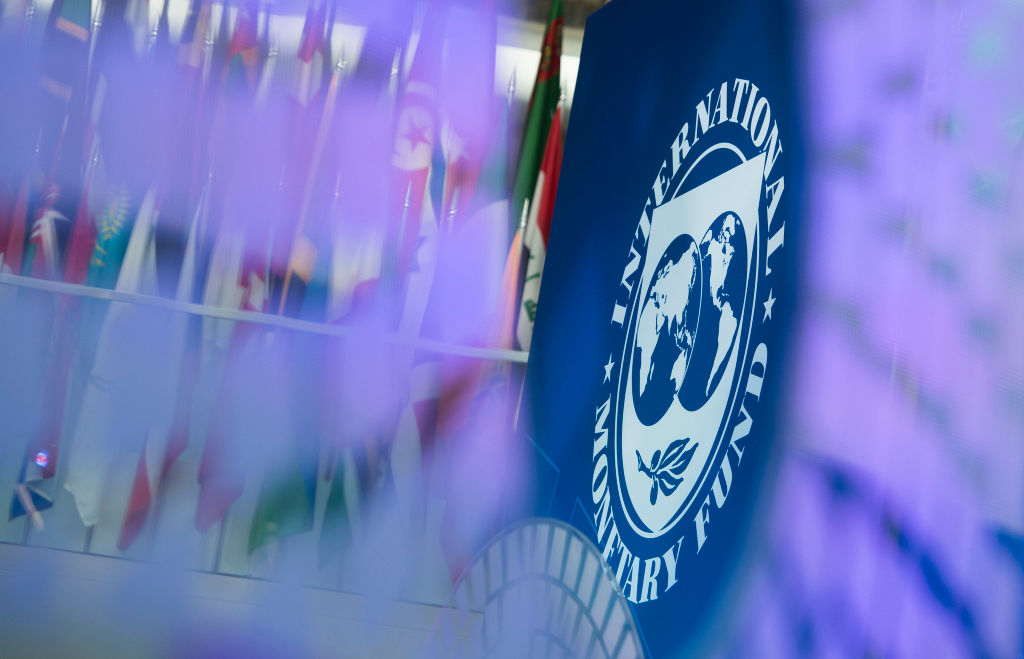IMF: Germany to be weakest major economy in 2024 while UK downgraded again
In 2025, the IMF expects growth in the UK to pick up to 1.6 per cent, predicting that disinflation would allow "an easing in financial conditions" and real income growth.


The International Monetary Fund (IMF) now thinks Germany, rather than the UK, will be the slowest growing economy this year, but still slashed forecasts for the UK next year.
The Washington-based body thinks the UK will grow 0.6 per cent in 2024, in line with its previous round of forecasts from October.
This is a marginal improvement on the 0.5 per cent expansion the UK is expected to record across last year with the pickup in growth reflecting the waning “negative effects of high energy prices“
The forecasts put the UK near the bottom of the IMF’s growth table with only Germany expected to perform worse this year.
Europe’s largest economy received a 0.4 percentage point downgrade compared to the October round of forecasts, meaning the IMF expects it to grow 0.5 per cent in 2024.
Looking into 2025, the IMF expects growth in the UK to pick up to 1.6 per cent, predicting that disinflation would allow “an easing in financial conditions” and real income growth to pick up.
However, this was a 0.4 percentage point downgrade on its October round of forecasts. The Washington-based body said the markdown “reflects reduced scope for growth to catch up in light of recent upward statistical revisions” during the pandemic.
Last year, the ONS upgraded its estimate for how the UK economy fared during the pandemic. It had previously estimated that the economy was slightly smaller than before the pandemic, but the revisions showed that the economy was in fact 1.8 per cent larger than pre-pandemic.
The IMF also advised Jeremy Hunt against making any further tax cuts ahead of the election later this year.
Pointing to the UK’s growing demand for health and social care as well as the cost of net zero, Pierre-Olivier Gourinchas, chief economist at the IMF, said “we would advise against further discretionary tax cuts”.
In response the Chancellor said: “It is too early to know whether further reductions in tax will be affordable in the Budget, but we continue to believe that smart tax reductions can make a big difference in boosting growth.”
Following the new forecasts, Harriett Baldwin, chair of the influential Treasury Committee, reiterated her call for the IMF to be scrutinised in public.
“Its not their job to provide a running commentary on the UK,” she told City A.M. “If you’re going to make all these forecasts and say all these things on the record, you ought to be willing to come into our committee in public,” she continued.
Baldwin previously asked to scrutinise figures at the IMF after officials criticised Liz Truss’s mini-budget in comments to the media. The IMF was contacted for comment.
Looking at the global economy more broadly, Gourinchas argued the global economy was beginning its “final descent” toward a soft landing.
Global inflation is expected to fall from an estimated 6.8 per cent in 2023 to 5.8 per cent in 2024 and 4.4 per cent in 2025. Global growth meanwhile will remain roughly constant, at around 3.2 per cent.
A soft landing is when inflationary pressures dissipate without causing a recession. But Gourinchas warned that “the pace of expansion remains slow, and turbulence may lie ahead”.
The IMF warned that the conflict in Gaza as well as attacks in the Red Sea could see “additional price volatility” over the coming months.
Gourinchas also drew attention to the different challenges facing monetary policymakers in the US and Europe.
In the US inflation appears more demand driven, Gourinchas suggested, meaning it was more at risk of a resurgence if policy was loosened too early. In Europe, meanwhile, energy prices have played a larger role in fuelling inflation. Keeping rates on hold for too long could therefore quash economic activity unnecessarily.
“In both cases, staying on the path toward a soft landing may not be easy,” he said.



